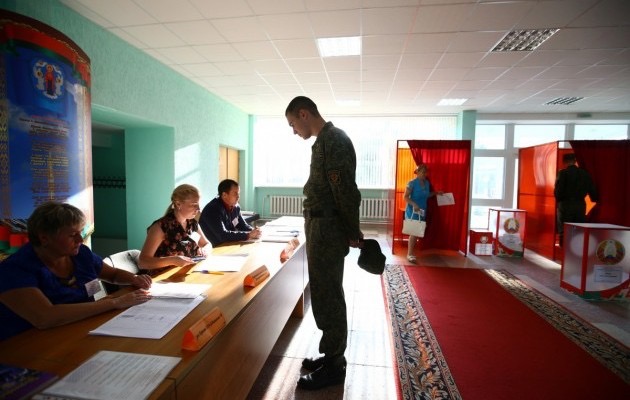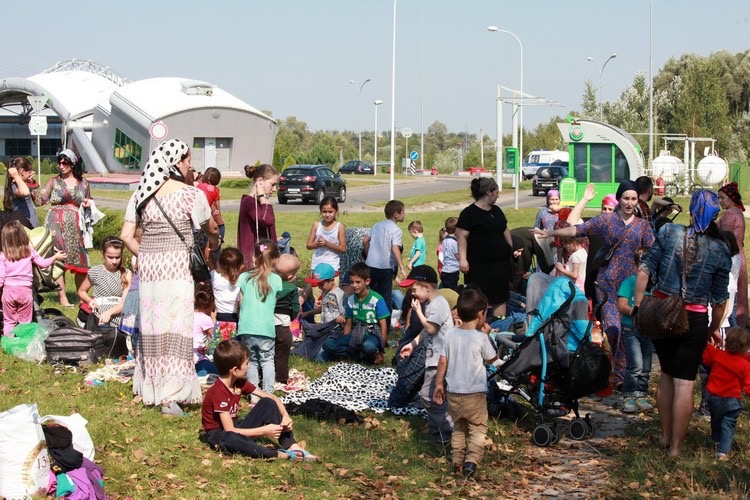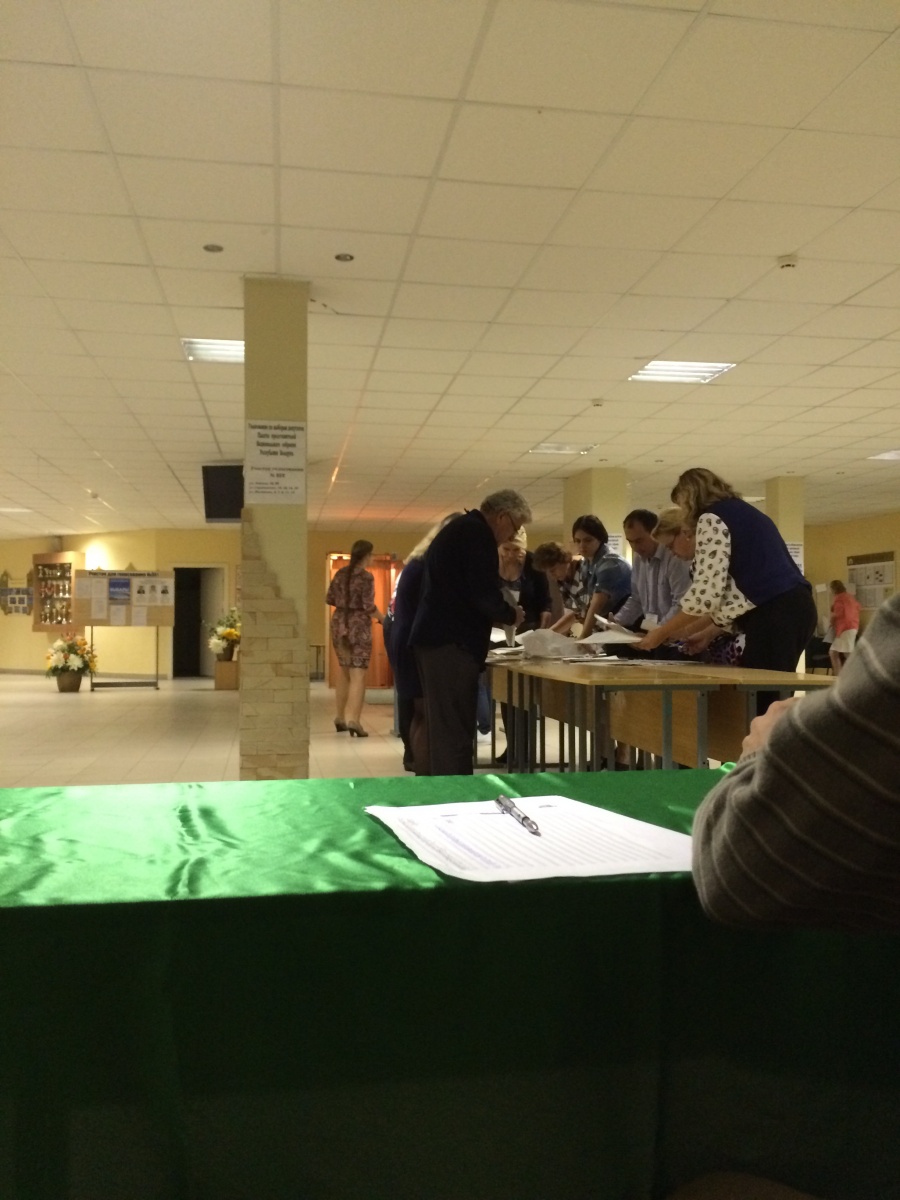Parliamentary elections, refugee crisis, oil price dispute – Western press digest

Photo: Reuters
This month, the attention of the international media on Belarus largely focused on whether there would be any credible improvements in Belarusian electoral policy during the parliamentary elections.
Despite scepticism regarding how long the thaw between Belarus and the West could really last, Belarusian economic relations with Russia have been strained and confrontational. Meanwhile, the Belarusian nuclear power plant under construction in Astraviec has become a concern not merely to the Lithuanian government but also to the European Commission.
Belarus has appeared in the news this month in the escalating conflict in Syria, the growing migration crisis, and the Paralympic games in Rio de Janeiro. Its unwillingness to gradually adjust to liberal and market economy rhythms, and thereby obtain much-expected loans and credits from foreign investors, has also captured the attention of the international media.
International relations
 Scepticism towards Belarusian parliamentary elections. Aljazeera and Reuters questioned whether the recent parliamentary elections in Belarus were really fair and free. The election results yet again confirmed that the slight improvements in the election process and campaigns and the ‘appointment’ of two representatives of the political opposition in parliament are nothing but a gesture from the ruling regime signalling its willingness to proceed with the motions of nominally improving cooperation with the West. This cooperation, having little if any effect on the Belarusian political landscape, is therefore of a pragmatic and interest-based nature.
Scepticism towards Belarusian parliamentary elections. Aljazeera and Reuters questioned whether the recent parliamentary elections in Belarus were really fair and free. The election results yet again confirmed that the slight improvements in the election process and campaigns and the ‘appointment’ of two representatives of the political opposition in parliament are nothing but a gesture from the ruling regime signalling its willingness to proceed with the motions of nominally improving cooperation with the West. This cooperation, having little if any effect on the Belarusian political landscape, is therefore of a pragmatic and interest-based nature.
‘Invisible' Belarusian soft power in the Syria humanitarian crisis. The Syrian Arab News Agency reports that 23 tonnes of humanitarian aid were delivered to Aleppo from Belarus. For very good reasons, Belarusian assistance in coping with crises in regions of escalated armed conflicts should be met with appreciation. However, Belarusian generosity seems to have been overshadowed by Russia's military role in the conflict for the international community.
Belarus’s solidarity with Russia at the Paralympic Games in Rio. The Guardian grasps the ambiguous nature of the Belarusian paralympic team's decision to express solidarity with the disqualified Russian team in the 2016 Paralympic Games.
Many actors, including the International Paralympic Committee, considered the gesture nothing but a way to reiterate the undeviating political loyalty of Belarus towards Russia. However, the Belarusian paralympic team renounced any political motives, asserting that their sole motivation was to protest the unjustified restriction against Russian athletes.
Economy and business
Strengthening the outlook of Belarus as a stable and gradually reforming state promises to attract more foreign investments. Global Risk Insights discusses three reasons why Belarus should still be deemed a trustworthy country for foreign investment.
These include: a moderate level of corruption, a promising landscape for starting a business, and a low risk of destabilising socio-political conditions due to possible external or internal turbulence. What still gives rise to concern is the dependence of core large industrial enterprises on government subsidies and the sensitivity of the Belarusian economy to external economies.
Consistent adherence to IMF recommendations will ensure the growth of the Belarusian economy up to 4.5 percent during the 2020-2021 period. Reuters reports on the major conclusions of the IMF’s recent assessment of Belarusian economic development. The IMF recommends that before obtaining a $3 billion loan, Belarusian banks should reduce the number of loans they give to loss-making industries and the government should cut down on subsidies for heavy industry. The IMF assures that steady implementation of market-based reforms will allow the economy to grow more than 2 percent in 2017 succeeded by further gradual growth.
Will another dispute on oil prices hamper Belarus-Russian integration cooperation? The lasting oil price dispute between Belarus and Russia becomes even tenser as Russia decreased its oil supply to Belarus by 22 percent for the third and fourth quarter of the year, reports UAWire. This move follows Russia's refusal to agree on the price proposed by Belarus and is intended to ensure Belarus repays its gas debt to Russia. This has forced Alexander Lukashenka to warn the Kremlin about the potential "optimisation" of Belarus’s participation in integration projects.
Moving closer to a Belarus-China economic partnership? The Xinhua News Agency reports on the readiness of the Belarusian President Alexander Lukashenka, to guarantee more favourable conditions for Chinese companies as they proceed in starting new businesses and investing in local enterprises. Shortly after, Belarus announced an official visit to China at the end of September 2016 to agree on certain investment and trade cooperation projects between the two countries.
Security and defence
 Unseen refugee emergency on the Belarus-Polish border. Deutsche Welle draws attention to an escalating local emergency on the border between Poland and Belarus, where a growing number of refugees are trying to flee to the EU in an attempt to escape the atrocities and violence inflicted by the authorities in their home countries in Central Asia and the Caucasus.
Unseen refugee emergency on the Belarus-Polish border. Deutsche Welle draws attention to an escalating local emergency on the border between Poland and Belarus, where a growing number of refugees are trying to flee to the EU in an attempt to escape the atrocities and violence inflicted by the authorities in their home countries in Central Asia and the Caucasus.
So far, the Belarusian government has not come up with any clear plan to manage the growing flow or provide necessary aid for the refugees stuck in Brest. All the while, Poland continues to hold off considering asylum requests for people entering Poland from Brest, thereby violating international human rights law.
Reliance on the mission of the IAEA in the Astraviec nuclear power plant. The Baltic Times reports on the Lithuanian government's continued anxiety regarding Belarus's capacity to ensure the safe construction and further expansion of its nuclear power plant in Astraviec.
The Lithuanian government insisted that the European Commission give closer scrutiny to the construction process and demand that the Belarusian government provides the exact dates of stress tests. It also suggests that the International Atomic Energy Agency (IAEA) send a mission to the plant.
Katsiaryna Borsuk
Katsiaryna is an intern at the Ostrogorski Centre. She holds MA in International Relations from Dublin City University and was a Research Fellow of a CAHR Protective Fellowship at the University of York over 2014-2015.





